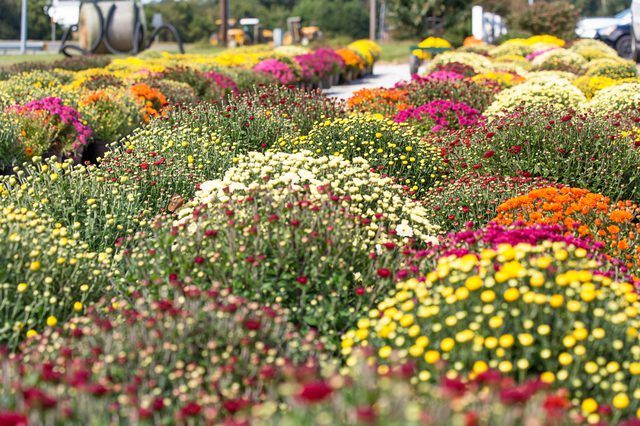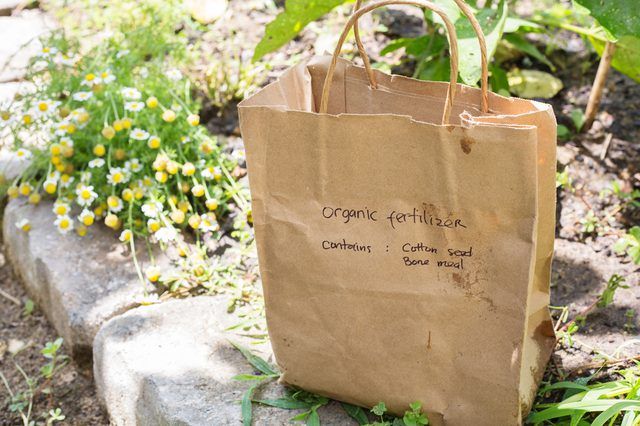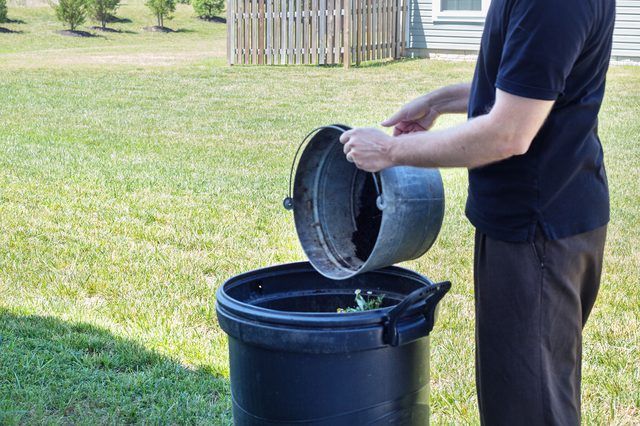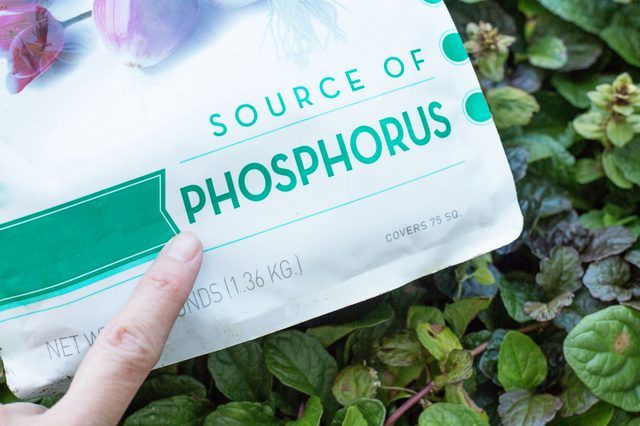Bulbs
Flower Basics
Flower Beds & Specialty Gardens
Flower Garden
Garden Furniture
Garden Gnomes
Garden Seeds
Garden Sheds
Garden Statues
Garden Tools & Supplies
Gardening Basics
Green & Organic
Groundcovers & Vines
Growing Annuals
Growing Basil
Growing Beans
Growing Berries
Growing Blueberries
Growing Cactus
Growing Corn
Growing Cotton
Growing Edibles
Growing Flowers
Growing Garlic
Growing Grapes
Growing Grass
Growing Herbs
Growing Jasmine
Growing Mint
Growing Mushrooms
Orchids
Growing Peanuts
Growing Perennials
Growing Plants
Growing Rosemary
Growing Roses
Growing Strawberries
Growing Sunflowers
Growing Thyme
Growing Tomatoes
Growing Tulips
Growing Vegetables
Herb Basics
Herb Garden
Indoor Growing
Landscaping Basics
Landscaping Patios
Landscaping Plants
Landscaping Shrubs
Landscaping Trees
Landscaping Walks & Pathways
Lawn Basics
Lawn Maintenance
Lawn Mowers
Lawn Ornaments
Lawn Planting
Lawn Tools
Outdoor Growing
Overall Landscape Planning
Pests, Weeds & Problems
Plant Basics
Rock Garden
Rose Garden
Shrubs
Soil
Specialty Gardens
Trees
Vegetable Garden
Yard Maintenance
How to Safely Dispose of Fertilizers
How to Safely Dispose of Fertilizers. Fertilizers help your plants to grow, so it's easy to think of them as garden friends. However, not every fertilizer is good for the environment. Depending on the type of fertilizer you have and the ingredients it contains, you may need to dispose of leftovers at a household hazardous waste site.
Fertilizers help your plants to grow, so it's easy to think of them as garden friends. However, not every fertilizer is good for the environment. Depending on the type of fertilizer you have and the ingredients it contains, you may need to dispose of leftovers at a household hazardous waste site.

By definition, a fertilizer is any substance that, when applied to plants, increases their growth. Fertilizers range from natural, like coffee grounds, to chemical, including products containing nitrogen and phosphate. If you can't use up or give away the remainder of your fertilizer, the ingredients dictate the type of disposal required.

It is easy to dispose of organic, natural substances used as fertilizer because these products break down in soil without causing problems. Toss the remainder of organic fertilizer products on the compost pile or in your garbage as long as the fertilizer does not contain nitrogen or phosphorus.

If the fertilizer contains nitrogen, it can convert to nitrate, a product you must keep away from your well or groundwater. Similarly, products containing phosphorus are regulated in some states and require careful disposal. Take remainders of these products, as well as any fertilizers that include pesticides, to the nearest household hazardous waste disposal site.
